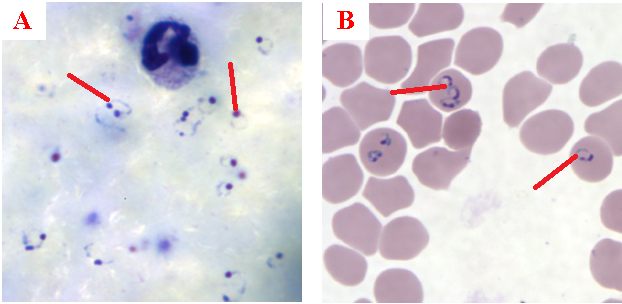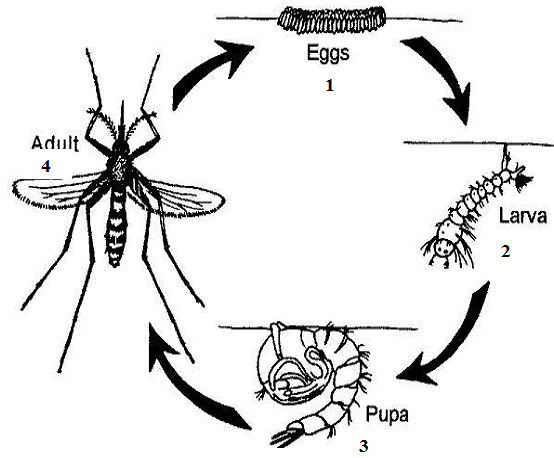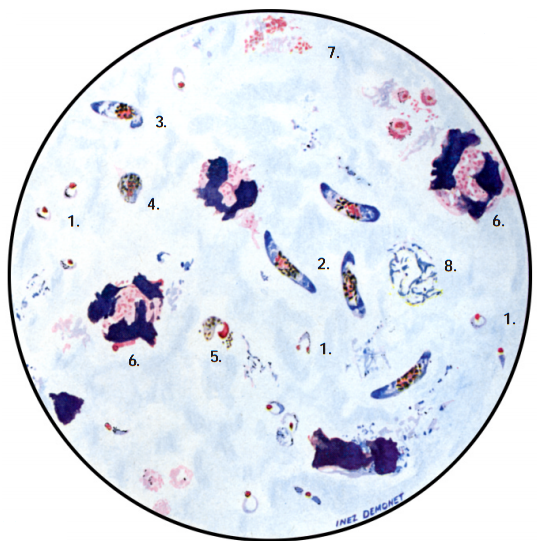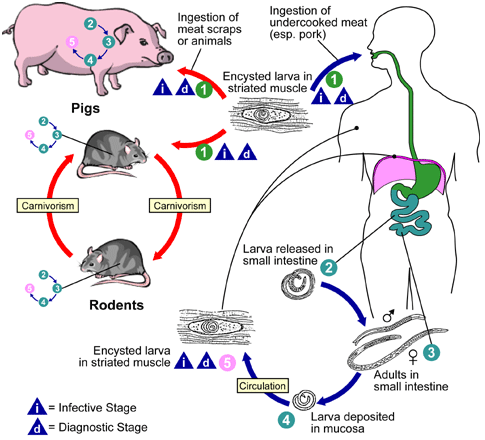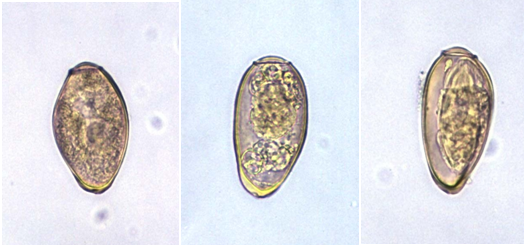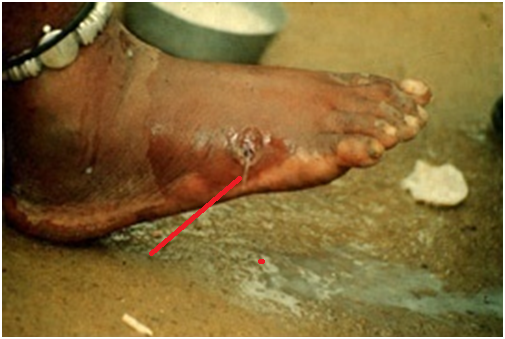TERMINOLOGIES USED IN PLASMODIUM INFECTION
References Aschengrau A and Seage G.R (2013). Essentials of Epidemiology in Public Health. Third edition. Jones and Bartleh Learning, Beers M.H., Porter R.S., Jones T.V., Kaplan J.L and Berkwits M (2006). The Merck Manual of Diagnosis and Therapy. Eighteenth edition. Merck & Co., Inc, USA. Chiodini P.L., Moody A.H., Manser D.W (2001). Atlas of medical […]
TERMINOLOGIES USED IN PLASMODIUM INFECTION Read More »
Public Health & Parasitic Diseases (Parasitology)
